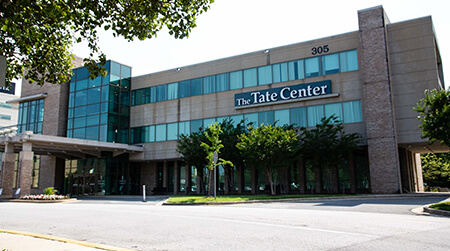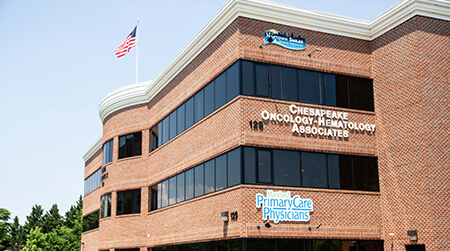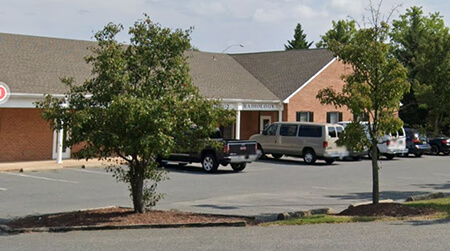

Our providers are trained to provide the necessary care needed for treating breast cancer. We also understand that each patient is different, so our breast cancer care treatment plans are created to fit the requirement of individual patients.

This is the most common treatment form for breast cancer. Surgery typically involves removing the tumor along with some nearby tissue. Surgical treatments for breast cancer typically include partial mastectomy, radical mastectomy, lumpectomy, and breast reconstruction. Your lymph nodes may also be analyzed to determine the spread of the disease and the further treatment course.
Radiation therapy or radiotherapy uses high-energy waves to destroy cancer cells. It only affects the cells in the treatment area and can be utilized to eliminate any remnants of the cancerous cells after surgery. We offer intensity-modulated radiation therapy (IMRT), stereotactic body radiation therapy (SBRT), proton therapy, and more at COHA.
Chemotherapy uses anti-cancer drugs administered intravenously or by mouth. The medications reach the cancerous cells through the blood and stop them from multiplying and growing. We offer chemotherapy before surgery, after surgery, and in the palliative form at COHA.
This treatment uses medicines targeted at the proteins on breast cancer cells that help them grow, multiply, and live. Targeted drugs work by killing cancer cells or minimizing their growth.
This therapy is used for breast cancers sensitive to hormones. It typically works by blocking hormones from latching on to receptors on cancer cells or by reducing the body's hormone production. This treatment is only used for breast cancers with either estrogen or progesterone receptors.
Immunotherapy is an advanced cancer treatment form that develops your body's immune system and other defense mechanisms to destroy cancer at the cellular level. The treatment has shown increased success rates on certain cancer forms, including breast cancer.

8:00 AM ~ 4:30 PM (M-F)

8:00 AM ~ 4:30 PM (M,T,T,F)
Wednesday -
Closed

8:00 AM ~ 4:30 PM (M-F)

8:00 AM ~ 4:30 PM(M-F)
There are many different kinds of breast cancer. Your cancer form is determined by the type of cells in your breast that has become cancerous and whether it has spread or not. Depending on these two factors, the following type of breast cancers exist:
Once someone is diagnosed with breast cancer, doctors do the 'staging,' which means finding out if cancer has spread and if it has, then just how far. The stage of breast cancer determines the treatment options, prognosis, and survival expectancy of a patient. Please contact our expert oncologists at Chesapeake Oncology Hematology Associates if you have any questions related to breast cancer staging.
Doctors will usually conduct several different tests to determine if a patient has breast cancer and if they do, then the kind of breast cancer and the stage. The tests performed for diagnosing breast cancers include:
If a patient needs to undergo any other treatments along with their breast cancer therapy, your oncologist will work with your primary care doctor and other specialists to provide the care you need.
Yes, it can. While there is no direct link between physical activity to breast cancer, keeping active helps boost the immune system, which helps in fighting off cancerous cells. Moreover, regular exercising helps keep weight in check, and obesity has been linked to several diseases, including breast cancer.
Low-fat diets consisting of nutritious, healthy food items like colorful vegetables, fruits, nuts, and seeds can reduce the risks of breast cancer. A high-fat diet can cause breast cancer since fat can induce estrogen production, which is known to trigger tumor growth. Additionally, minimize intake of sugary foods and beverages, alcoholic beverages, processed meats, and fried foods to minimize your cancer risk.
Smoking is a well-known and proven risk factor for several different kinds of cancers, including breast cancer. Quitting smoking can drastically minimize the chances of being diagnosed with breast cancer.
Alcohol increases estrogen production, which can trigger the growth of tumors irrespective of the kind of alcohol consumed, including wine, whiskey, or beer. However, reducing the number of drinks per day can significantly decrease the risks of developing breast cancer.